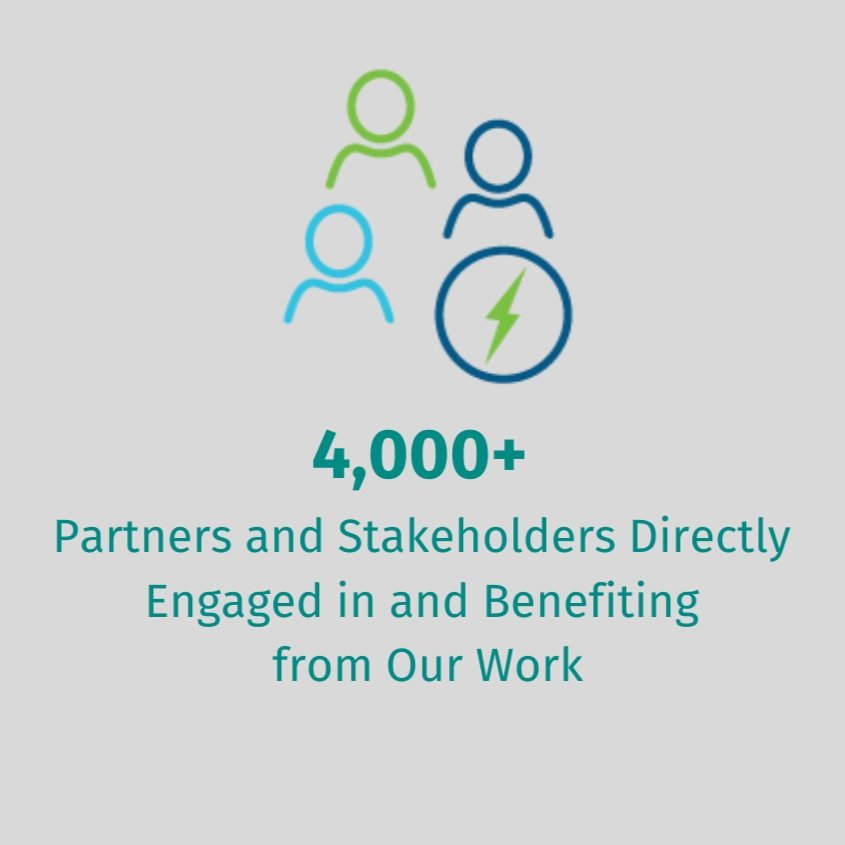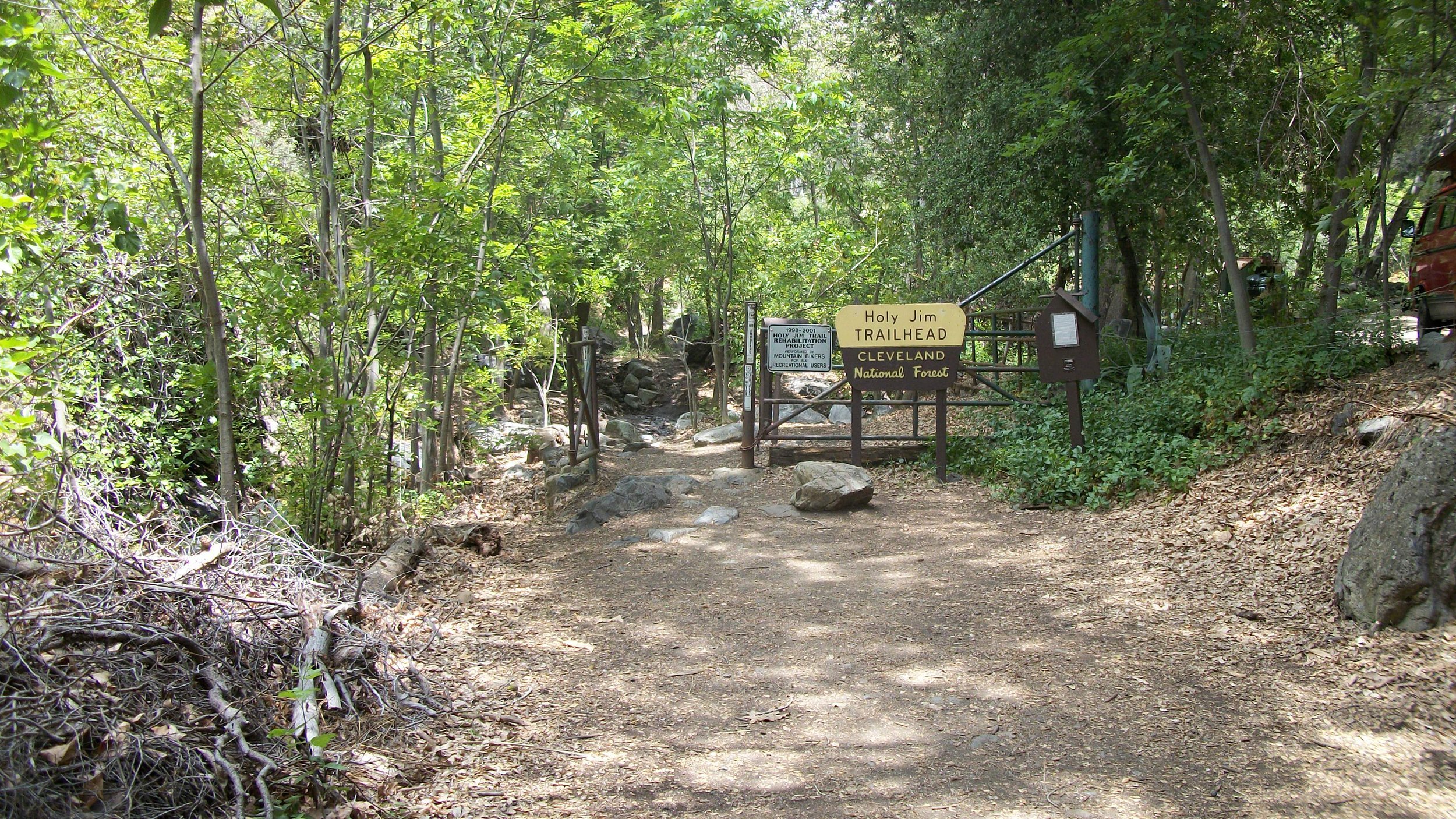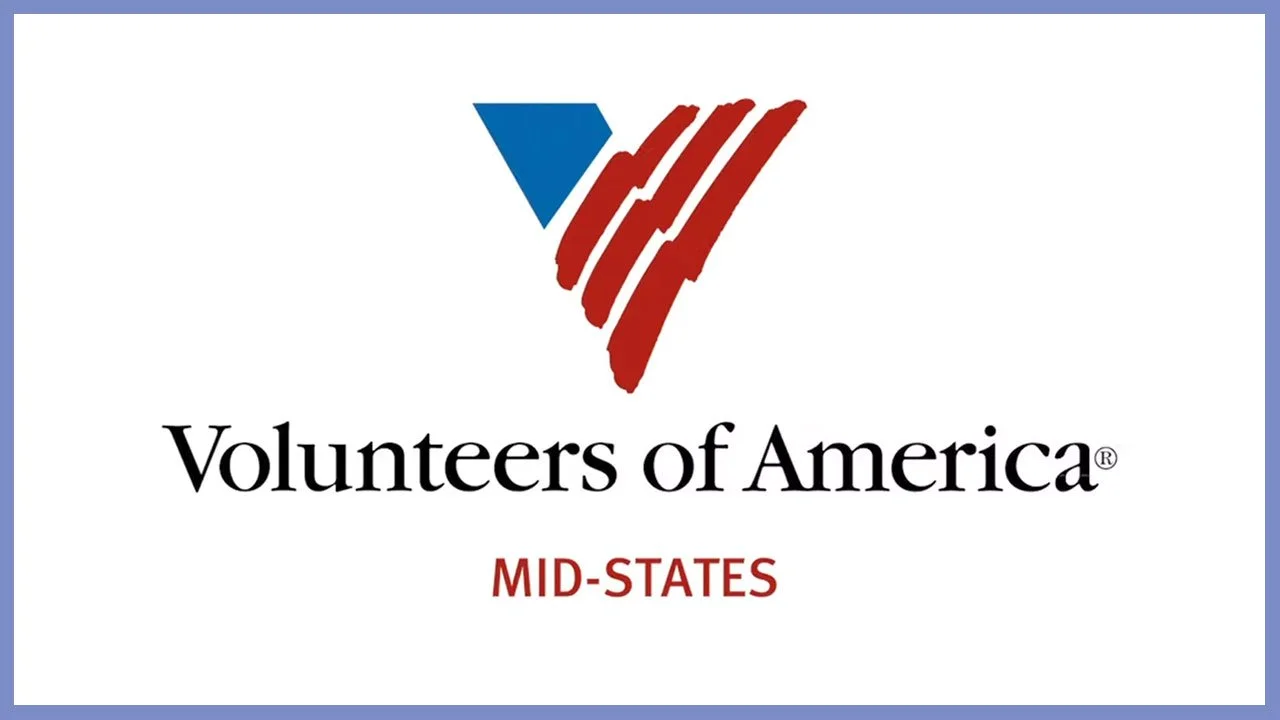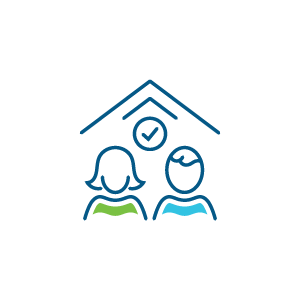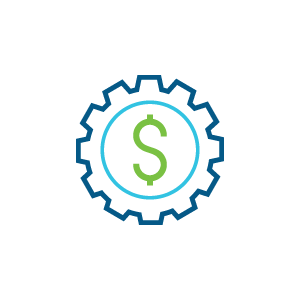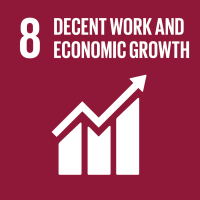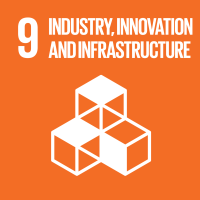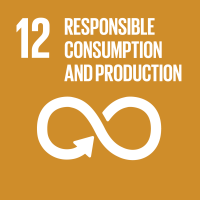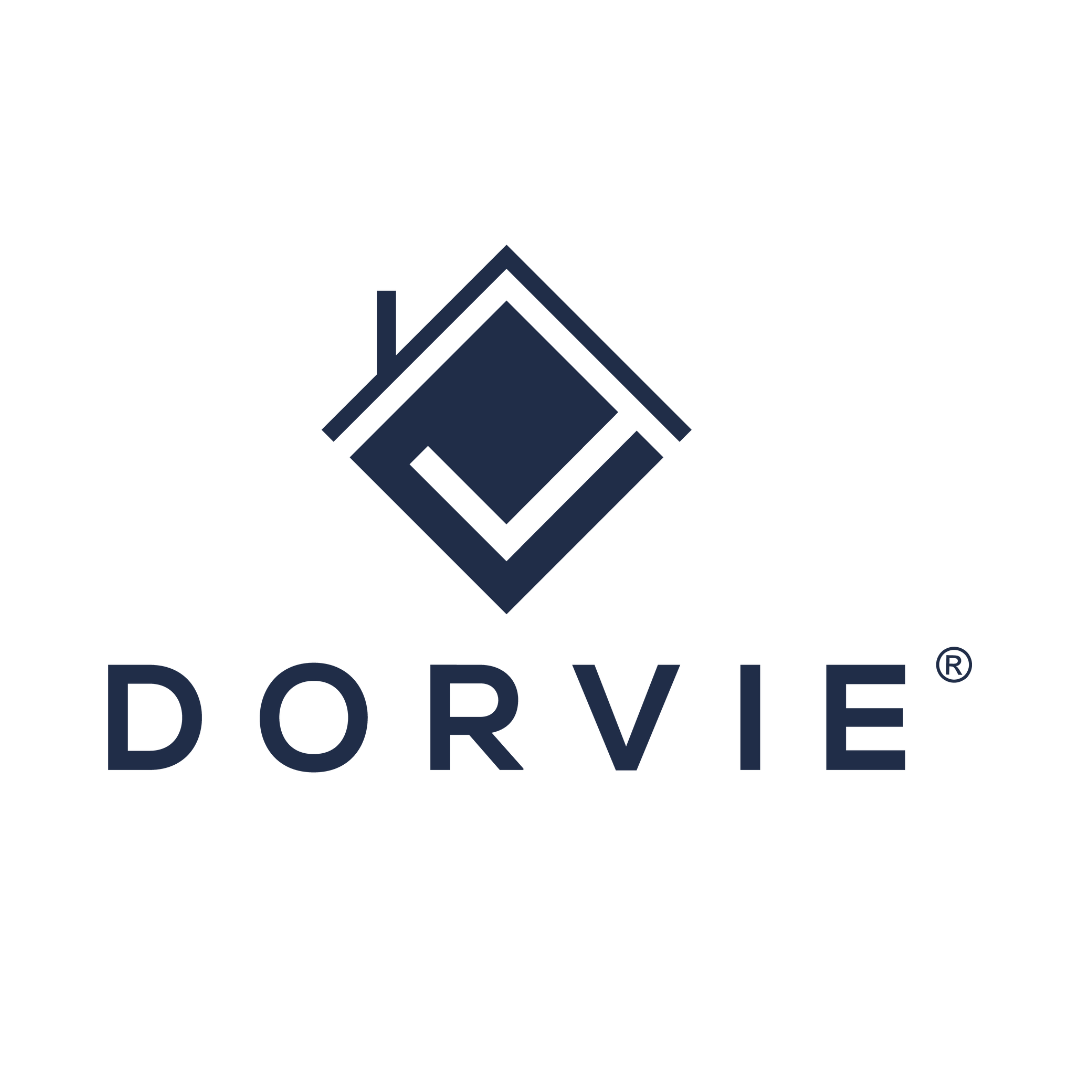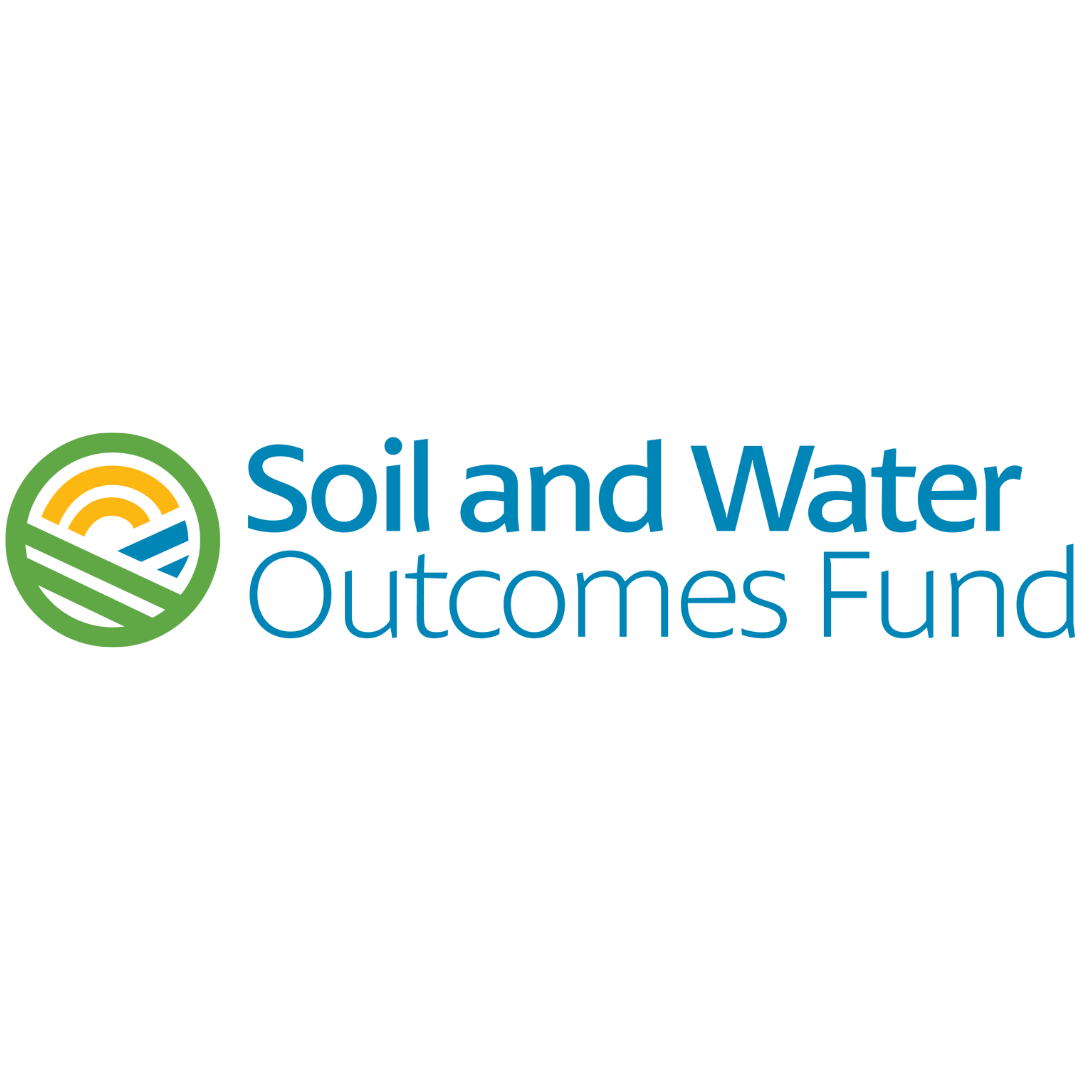
2023 Impact Report
Solve Bold,
Transform Tomorrow
As Quantified Ventures enters its 10th year, we celebrate our impact to date and re-affirm our commitment to work with partners to design, capitalize, and scale durable solutions that drive meaningful environmental and social impact.
In our early years, we focused on innovative, first-of-a-kind deals and transactions. As you will find in this Impact Report, in recent years we added a layer of intentionality around organizational and community capacity building. This focus has enabled a wider array of philanthropic, private, and public organizations to grow the pipeline of impact-oriented projects, replicate our outcomes-based models, and deploy solutions for broader impact.
We continue to help our partners think bigger, get initiatives unstuck, assemble blended capital stacks, and create novel ways to deliver better outcomes for the well-being of people and planet!
Bold Solutions
Dawn of a New Era: A leadership transition presents an opportunity to reflect on achievements and lessons learned while setting new, ambitious goals for the future.
As we prepare for Tee Thomas to assume the role of CEO at Quantified Ventures on January 1, 2024, we both celebrate the legacy of our past and ignite excitement for the bright future that lies ahead.
Celebrating Our Achievements: During our first 10 years, QV emerged as a trailblazer – creating market-driven solutions that catalyze big impact in the climate, health, and outdoor sectors. The team’s notable achievements include:
Environmental Impact Bonds: Pioneering the way we finance stormwater, flood mitigation, and green infrastructure solutions, we laid the groundwork for new ways to pay for nature-based solutions to create more equitable, resilient cities.
Soil and Water Outcomes Fund: Through this scalable facility, we’ve incentivized farmers to adopt conservation agriculture practices on hundreds of thousands of acres, playing a pivotal role in tangibly improving agriculture’s impact on downstream water quality and greenhouse gas emissions.
Outdoor Recreation and Economic Development: Recognizing the immense potential of recreation infrastructure to serve as a rural economic driver and how time spent outdoors improves physical and mental health, our endeavors have breathed new vitality into many rural communities.
Health Outcomes Fund: We established a new, non-profit lending infrastructure and product line designed to deliver patient, concessionary capital to non-profit organizations focused on improving the health of people and planet.
Value-Based Financing Models: Creating new outcomes-based financing mechanisms to build capacity for evidence-based human and social service delivery – including substance use disorder treatment for pregnant and parenting mothers, and medical respite for individuals experiencing homelessness – thereby improving health outcomes, addressing health disparities, and lowering costs at scale.
Dorvie: With the launch of Dorvie, a healthy aging tech platform, we’re providing independent living home services that give older adults more peace of mind and support to age comfortably in their own homes.
Bosland Growth: Our reforestation initiative profitably plants trees on abandoned mine lands across Appalachia. We pay landowners 100% of the cost of reforestation to yield healthy, new forests that sequester carbon, provide natural habitat for important species, and improve degraded lands.
Embracing the Explorer Spirit: At Quantified Ventures, we have always been willing to take calculated risks, engage like-minded change makers, and adapt quickly to new realties discovered along the way. We have built a team that ventures into uncharted terrain, crafts replicable pathways to impact, and creates avenues for durable growth.
Then we serve as guides for early adopters seeking a brighter future for their communities and ecosystems.
This is where Tee comes in…a systems thinker, a fearless builder of the possible, and an inspiring leader. With Tee at the helm, QV is poised to drive greater impact, fulfilling the immense promise of the social impact movement.
Here's to each one of you - to our storied past, our dynamic present, and our promising future. We move ahead, united in purpose and passion, to change the world.
Let’s go!
Eric Letsinger
Founder and STrategic Advisor
Bright Future
First and foremost, thank you, Eric, for all you have done to build Quantified Ventures. Your ability to think big and act bold, to inspire our people and partners, and to create innovative structures that improve our collective wellbeing is second to none. Also, thank you for trusting me to lead QV into the next chapter as its new CEO.
As we edge toward this transition on January 1, 2024, I find myself both excited and impatient for the road that lies ahead.
I am excited because we are at a generational moment in the United States where every historically disadvantaged community has the opportunity to secure more public money than ever before to enhance community health and resilience. That is why QV has focused on capacity building and enabling local partners to take an action-oriented approach to partnerships and problem solving.
I am also impatient because we believe change for the better is not moving rapidly enough. We want to create systems change that enables us to move further, faster in order to right inequities and enhance the wellbeing of communities and our planet.
QV’s top-notch team continues to think big, collaborate with bold pioneers, and implement investible solutions that drive measurable outcomes.
Our goal is to mobilize $1 billion for climate, health, nature, and communities by 2025.
There are 4 key tenets that will guide this work in the months ahead. We must:
Increase our collective sense of urgency.
Collaborate across sectors – philanthropic, private, public – and across disciplines.
Solve at the community level and commit to measure outcomes.
Drive systems change (and when necessary, create a new, better system).
As this Impact Reports highlights, QV has produced more than its share of first-of-a-kind transactions and models that build community capacity to improve public health and the environment.
If this work were easy, everyone would already be doing it.
QV intentionally engages underserved communities, forges novel partnerships to drive new investments toward environmental and health impact, and builds capacity in organizations that are doing great work on the ground. We continue to change the game and improve entire systems.
We believe you can't fix systems by complaining from the outside. You have to be in the arena, advancing real projects, and producing real opportunities that deliver meaningful outcomes. We welcomes fellow optimists, risk-takers, systems thinkers, and change makers to join us on this journey.
Thank you for your support and we look forward to causing more good trouble in the years to come.
Tee Thomas
CEO
Our Impact: Highlights from 2022-2023
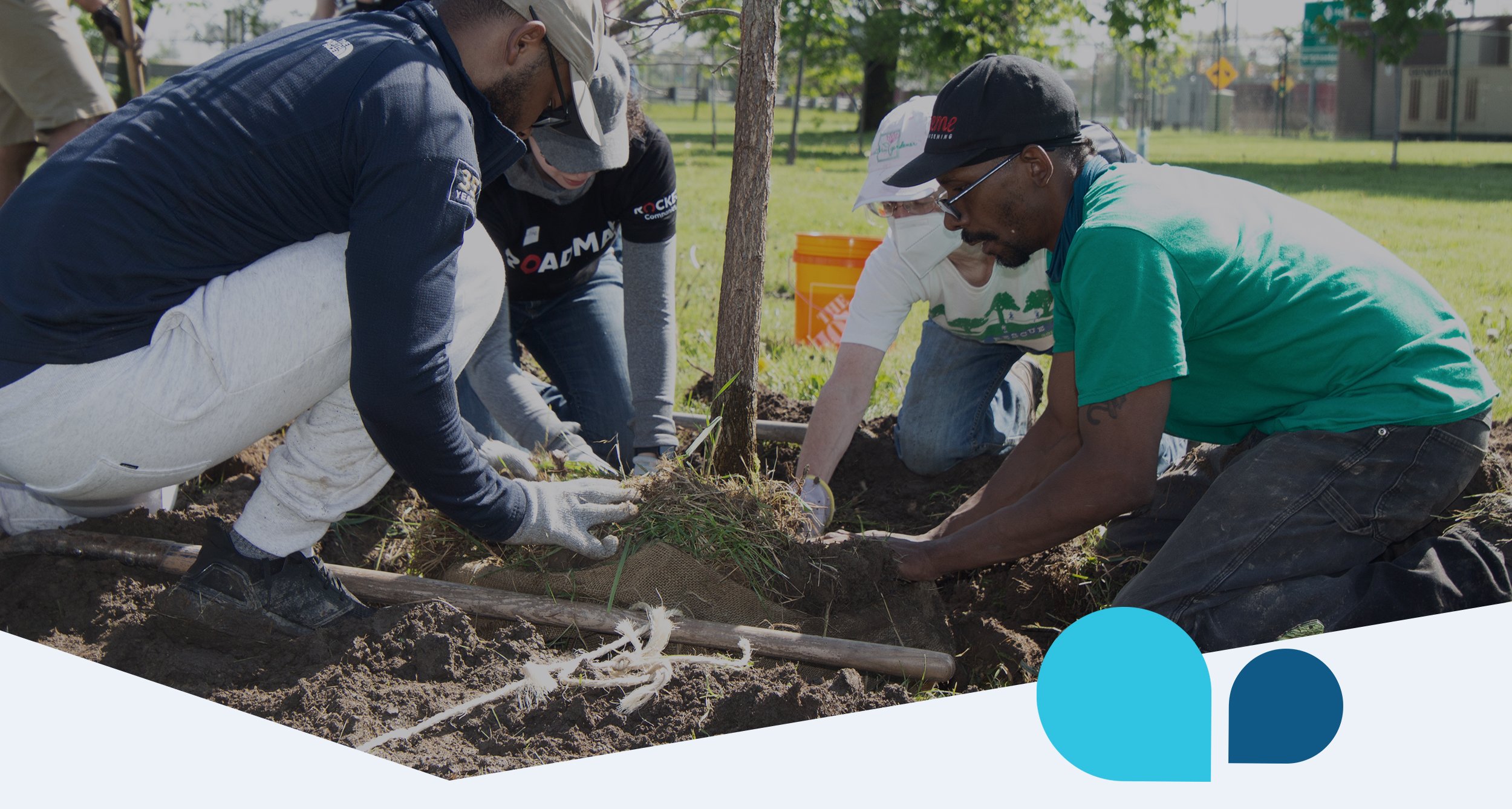
Climate and Nature Finance
$27 Billion in Opportunities for Green Banks to Invest in Nature
Green Bank Partnerships Further Climate, Nature, and Resilience Goals
State and local green banks have boosted private financing for renewables and energy efficiency for more than a decade, but few have focused on environmental infrastructure. Investing in environmental infrastructure - which includes projects related to water, agriculture, parks, land conservation, forestry, climate adaptation, resilience, environmental markets, and waste and recycling - provides enormous potential benefits and is crucial for climate goals.
The $27B Greenhouse Gas Reduction Fund provides a generational chance to change this dynamic and unlock private capital for environmental infrastructure investments.
Recognizing that the groundwork for this work must be laid now, QV is partnering with green banks of varying sizes and maturity to meet the moment. Every state stands to benefit from a green bank with the capacity and technical know-how to accelerate investment in a wide range of clean energy and environmental infrastructure projects.
Our role is clear: support and empower green banks to grow and invest in environmental infrastructure and nature-based solutions.
From helping establish lending authority and operating procedures, to designing finance programs, building project pipeline, and engaging the community, QV is collaborating to establish a robust green bank network that serves as the go-to solution for environmental projects nationwide.
Connecticut Green Bank is a prime example of how green banks accelerate investment.
It has attracted $6.70 in private investment for every $1 of green bank dollars allocated.
-

"We've worked with Quantified Ventures on an impact bond to finance climate resilience and infrastructure investments in New Orleans. We're re-imaging our mission and operations to meet the needs of today and tomorrow. We need to finance an enterprise that makes a series of community-centered climate infrastructure and resilience investments over a long period of time. QV has been an integral partner for us in working through the jigsaw puzzle of funding and financing these investments.”
– Damon Burns, President and CEO of Finance New Orleans
-

"The Climate Access Fund developed a replicable financing model for a community solar project located on the rooftop of a school in a lower-income, underserved community in East Baltimore, MD, which we intend to replicate. Quantified Ventures helped us craft a plan to apply our model to multiple sites, thus using our public and philanthropic resources to leverage private capital for the benefit of low-income communities across the state and beyond. Their work product is right on target, delivered in a timely fashion, and by terrific people."
— Lynn Heller, Founder and CEO of Climate Access Fund
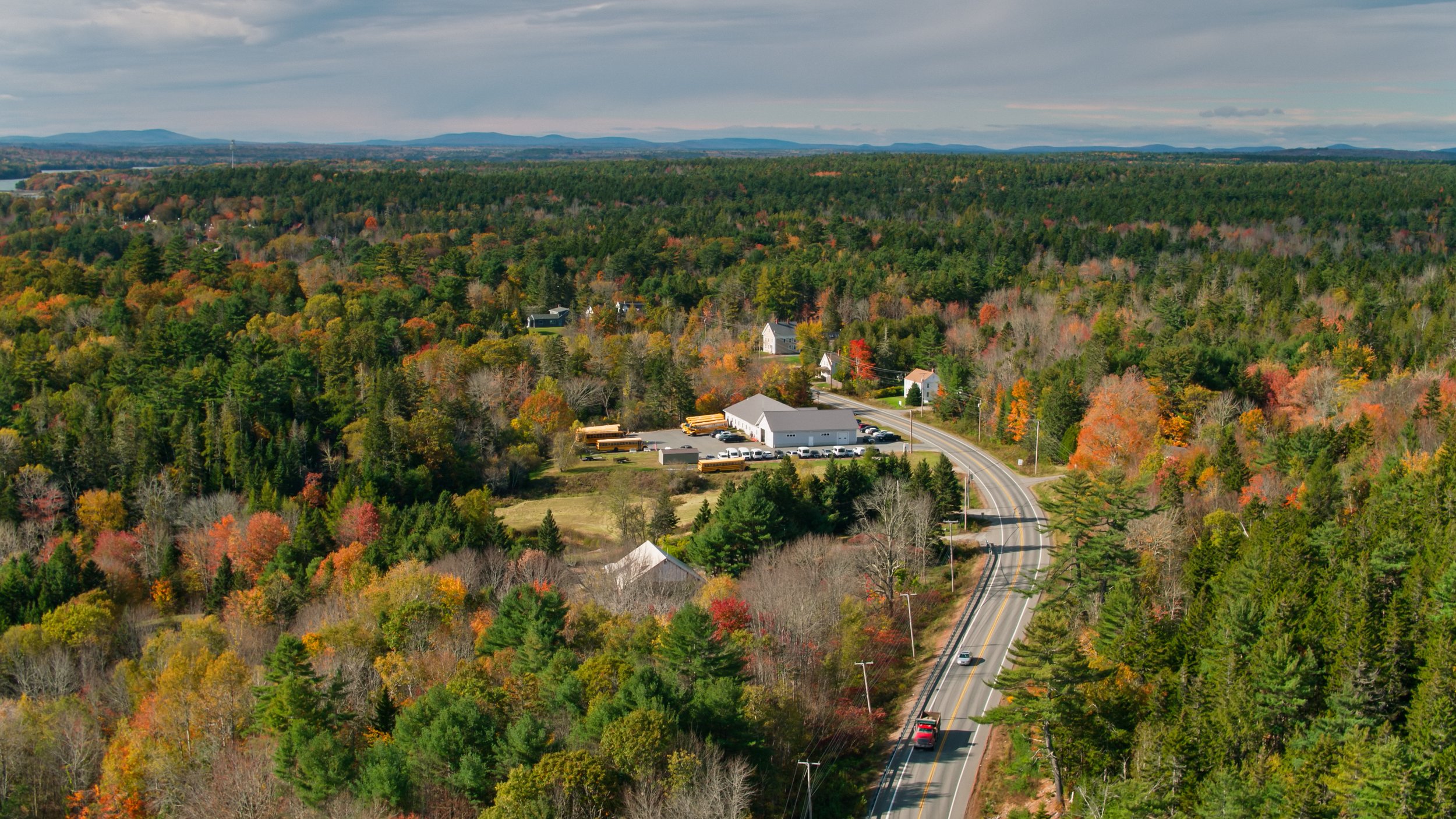
Planting and Protecting Forests in Urban and Rural Communities
Beyond their natural beauty, trees and forests provide critical environmental, health, and economic benefits by capturing and storing greenhouse gas, providing shade to lower ambient temperatures, and increasing property values. Quantified Ventures is working in rural and urban communities to plant and protect forests and ensure local residents share in the value created by community forests.
We continue to work with the Maine Mountain Collaborative (MMC) and the New England Forestry (NEFF) Foundation to develop and capitalize Exemplary Forestry Management’s impact-first fund that will blend $90MM+ of public, private, and philanthropic capital to acquire and manage 100,000+ acres of Maine forests for improved environmental and financial outcomes. The partnership recently acquired our first parcel of land, 3,000 acres in Greenville, ME.
In Appalachia, we're closing in on enrolling 1,200 acres of private land in our Reforesting Legacy Mine Lands Program. Bosland Growth, a new enterprise managing the program, covers the cost of landowners transforming their previously mined land into a healthy, young forest which will capture more greenhouse gas and create wildlife habitat for a multitude of species.
In the urban landscape, we are delivering outcomes-based financing services to the Detroit Tree Equity Partnership. The partnership is committed to improving quality of life, climate change resilience, and health outcomes for underserved communities through the restoration of Detroit's tree canopy.
WATCH VIDEO
AMERICA'S LAST VAST FOREST: MAINE'S APPALACHIAN MOUNTAIN CORRIDOR
75,000 new trees
are being planted in Detroit and $76MM is economic activity is expected to be sparked in the city through our tree equity work with American Forests, the Greening of Detroit, DTE Energy, and the City of Detroit.
3,000 acres
in Greenville, Maine represents the first parcel of forest land acquired by Exemplary Forestry Management through our partnership with MMC and NEFF.

Bringing the Economic and Health Benefits of Outdoor Recreation to More People
Quantified Ventures and the USDA Forest Service are now in the second year of a 5-year agreement to improve outdoor recreation infrastructure and spur rural economic development in and around national forests through a unique public-private collaboration.
Through this partnership, QV is working with staff at select National Forests to advance business, governance, and financing strategies for high-potential outdoor recreation and land management initiatives on national forests and adjacent landscapes.
The ultimate goal is to implement partnerships that accelerate the speed, scale, quality, and quantity of recreation projects to improve the visitor experience, gateway community economies, and forest resilience.
REI Co-Op provided matching support to unlock the Challenge Cost Share for the first and second years of this work, which includes projects in 8 national forests. A subset of the work from year one is moving from an “explore” phase to a “design” phase as QV helps individual forests formalize partnerships, secure funding, and implement projects.
Alpine Lakes Wilderness, Mt. Baker-Snoqualmie National Forest, and Okanogan-Wenatchee National Forest (Washington)
Cleveland National Forest, Trabuco Canyon
(California)
Custer-Gallatin National Forest
(Montana)
Deschutes National Forest, Cascade Lakes Scenic Byway (Oregon)
Ocala National Forest, Ocala Springs
(Florida)
Wayne National Forest, Ironton District,
Lake Vesuvius Recreation Area (Ohio)
Willamette National Forest, Recreation Infrastructure Investment Project (Oregon)
$23.1MM in capital for outdoor recreation infrastructure projects through our 7 years of work with the Forest Service.

Leveraging Community Finance to Create Jobs, Enhance Equity, and Bolster Resilience
In communities across North America, Quantified Ventures is working to leverage blended finance to create sustainable structures that enhance equity and resilience.
In Cincinnati, QV is partnering with the Port of Greater Cincinnati Development Authority to structure a $100 million Cincinnati Jobs Bond to acquire, remediate, and prepare manufacturing sites in the city that will increase property values and create new jobs. This is part of the broader regional and U.S. strategy to re-shore advanced manufacturing. The replicable Cincinnati Jobs Bond model and associated funding comprise three tranches of capital:
Grants and loans from local and federal sources;
Grants and loans from national and local philanthropies and;
Tax-Increment Financing (TIF) bonds.
QV also has worked to create a scalable framework for manufactured home communities (MHC) to develop their capacity to support necessary infrastructure investment, including pathways to access state and federal funds related to water infrastructure. MHCs house more than 6% of the U.S. population yet are often overlooked and underserved. Our approach helps to write a more equitable narrative for MHCs.
In Seattle, we are working with the city and community partners in the Duwamish Valley on a strategy that will increase community resilience, improve health, and adapt to the impacts of a changing climate. The focus is on underserved communities in the Georgetown and South Park neighborhoods, where life expectancy is 8 years less than the average for Seattle residents. QV is developing a strategy and implementation plan for how funding and financing mechanisms can support the construction of climate infrastructure at the scale necessary to meet current and future needs while also advancing physical and programmatic efforts to improve workforce development, public health, and access to affordable housing.
We will build upon our community finance and resilience partnerships in 2024 and beyond, including work with the Department of Defense Readiness and Environmental Protection Integration (REPI) Program, Environmental Finance Centers around the country, and regional resilience and heat officers.
1,800 New Jobs and $618MM Property Value Increase
Significant employment and economic outcomes are expected to be delivered by the $100MM Cincinnati Jobs Bond. We developed this blended capital tool to acquire, remediate, aggregate, and resell 150 acres of highly targeted, industrially zoned land to attract job-creating manufacturing and mixed-use development.
Addressing 8 Year Shorter Life Expectancy
The neighborhoods where the Duwamish Valley Resilience District is located have a significantly shorter life expectancy than other Seattle residents. 70% of the Duwamish Valley residents identify as a person of color.

Meeting the Moment to Enhance Water Equity, Resilience, and Environmental Justice
New federal programs herald a once-in-a-generation opportunity to sustainably fund projects that improve America's water infrastructure, with a particular focus on underserved communities.
This presents a huge opportunity to address environmental justice concerns, drive community health outcomes, and improve quality of life. Unfortunately, most municipalities, utilities, and conservation organizations do not have the capacity or expertise required to navigate the historic amount of federal and state funding available for local natural infrastructure projects.
To meet the moment, Quantified Ventures has launched several initiatives to provide government, nonprofits, and for profits the knowledge and capabilities to access and use new funding pools to drive transformative change in complex environmental situations.
We created SRF Academy to provide just-in-time training for organizations working to provide technical assistance, advocacy, and project development for disadvantaged and underserved communities through the Bipartisan Infrastructure Law. To date, more than 100 individuals have gone through the training to enhance their organization’s ability to help underserved communities access funding to address critical water infrastructure needs.
Quantified Ventures' new Watershed Coordinator team provides technical assistance to help communities and organizations identify and secure funding and financing for nature-based solutions. The four regional Watershed Coordinators cover 19 states, supporting partners in a range of activities, including project pipeline development, program eligibility review, subsidy identification, project eligibility submittal, funding application development, budget analysis, capital stack design, and partnership development.
Additionally, we partner with multiple regional and national Environmental Finance Centers to provide technical, managerial, and financial support to identified communities.
The Bipartisan Infrastructure Law provides the largest investment in climate resilience and clean drinking water and wastewater infrastructure in history. With Quantified Ventures support, more underserved communities are able to access funding and financing to accelerate nature-based solution projects that deliver economic, environmental, and health benefits.
100+ Individuals Trained
through SRF Academy on how to help underserved communities apply for and secure State Revolving Fund dollars to address critical water infrastructure needs.
19 States
Covered by our Watershed Coordinators, who connect local communities and water utilities to financing and funding for water equity and infrastructure.
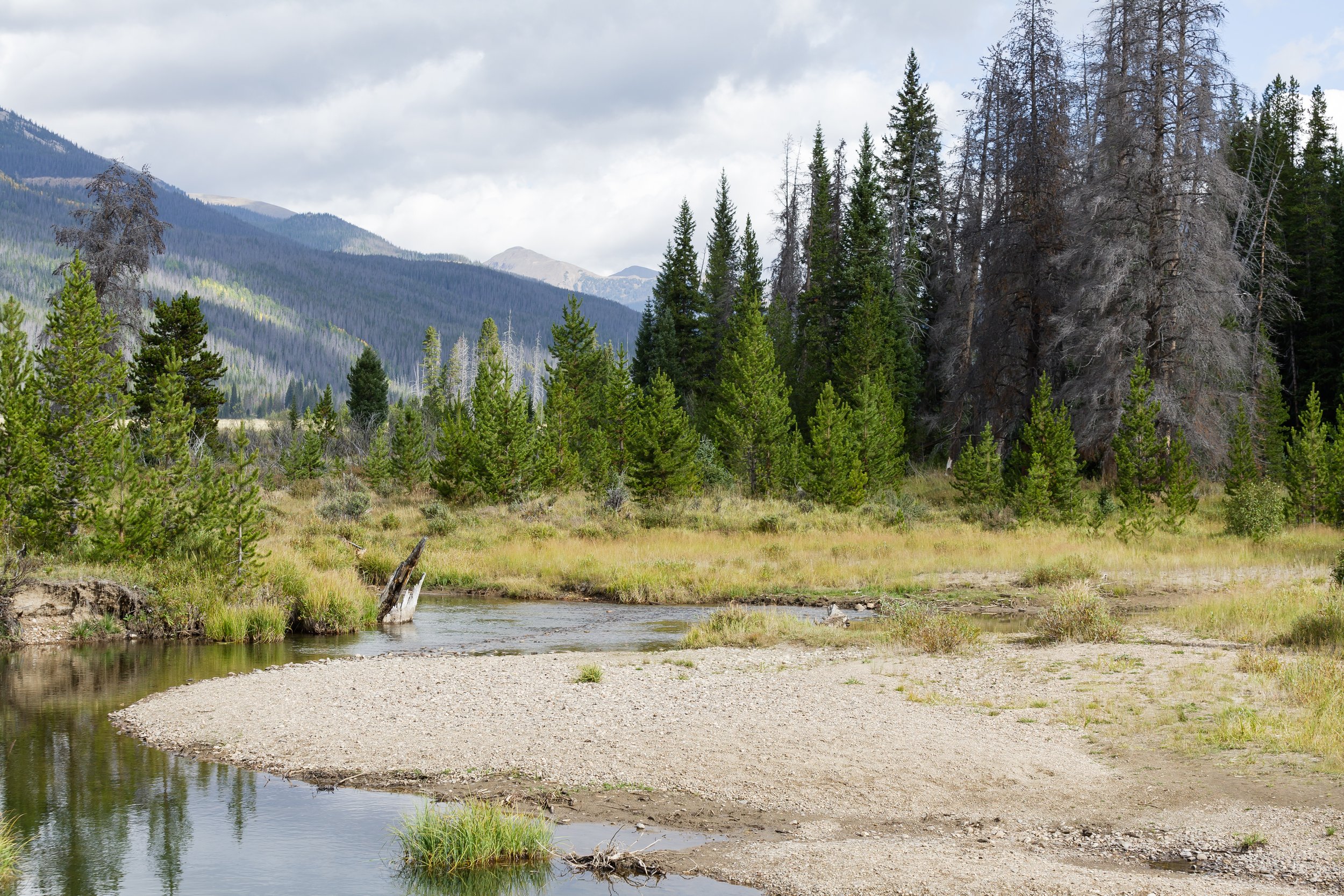
Developing Flexible Water Use Models to Support Farms, Ecosystems, and Communities
Communities across the United States struggle to manage water as a shared resource. During the past several years we have made demonstrable strides in helping build partnerships to address the water management challenges we face, particularly in the American West. Quantified Ventures’ models reflect the need for flexibility in water use and for incentive structures that encourage water users to come together around shared approaches that deliver value for all parties.
For example, QV partnered with the Colorado Water Trust to develop a market-based buy-protect-sell model to enable water sharing between agriculture and ecosystems. The model:
Facilitates a financial exit strategy for farmers transitioning out or transferring ownership
Places the legal frameworks to enable agricultural land conservation and flexible water sharing; and
Sells the farm to a deserving farmer and splits the water use between the new landowner and environmental water applications coupled with downstream marketing
This flexible buy-protect-sell model generates value at each step, completing the loop of investor repayment while producing meaningful outcomes for the selling farmer, buying farmer, downstream water users, and participating conservation organizations. We plan to implement this financing approach with Colorado Water Trust and apply it with other conservation organizations and land trusts in the western U.S.
In Texas, our collaboration with the Edwards Aquifer Authority (EAA) produced a new program that promotes the long-term sustainability of both the aquifer and local agriculture. The program utilizes a novel kind of easement placed on the groundwater use right itself that enables flexible compensated water sharing. The easement toggles water use rights according to aquifer conditions, forming a partnership between the Authority as a groundwater management agency and agricultural water users.
We will continue to think beyond the status quo and to develop replicable models that incentivize multi-sector partnerships among unlikely allies to stem the tide of the western water crisis.
“The market-based model that Quantified Ventures developed with us has the potential to change the landscape when it comes to water sharing strategies that keep water on the land as well as in rivers. We can’t wait to deploy it.”
Kate Ryan
Executive Director, Colorado Water Trust

Health and Human Services
Generations of Families Benefit from Substance Use Disorder Treatment Program Putting Mothers First
More than 46 million Americans suffer from substance use disorder and many face significant barriers to treatment. Mothers with young children are among the most underserved. To close this gap, Quantified Ventures is working with Volunteers of America (VOA) and Medicaid Managed Care Organizations (MCOs) to develop and finance expansion of the Family Focused Recovery program model.
This holistic, trauma-informed approach to substance use disorder treatment for pregnant and parenting mothers enables families to remain together in a residential setting during the treatment process, increasing the likelihood of positive outcomes for both mothers and their children. There are currently Freedom House program sites in Louisville and Manchester, Kentucky that have helped women in the program advance in their recovery and welcome more than 300 healthy babies.
In collaboration with VOA national and several affiliates, QV developed a replicable financing model that leverages value-based contracts and bridge financing from a dedicated fund seeded by Humana to bring new residential Family Focused Recovery centers to Kentucky, Louisiana, and Ohio. These states rank among the top 10 states in the country in drug overdose mortality rate and top 20 in maternal mortality rate according to data compiled by the National Center for Health Statistics.
The value-based contracts designed by QV provide programs with predictable revenue tied to performance that is necessary to deliver desired results (e.g., avoided neonatal intensive care unit births deliver outcome payments that support program operations). As these programs continue to grow, so does the number of mothers and families seeing positive long-term outcomes as they recover and begin to thrive.
Outcomes
Family Focused Recovery
300+ Healthy
Babies
have been born drug free to women in the Freedom House Kentucky programs
296 More Mothers Served Annually
by treatment programs in Kentucky, Louisiana, and Ohio. Projected growth in program capacity results from outcomes-based financing and value-based contracts in each state that QV and VOA are securing.
88% of
Women
in the Freedom House program saw an increase in visitations or were reunited with their children
“When I came to Freedom House, I literally only had the clothes on my back. But my son and I never wanted for anything. They gave us everything we needed. All I had to concentrate on was my recovery.”
Christina
Freedom House Kentucky graduate
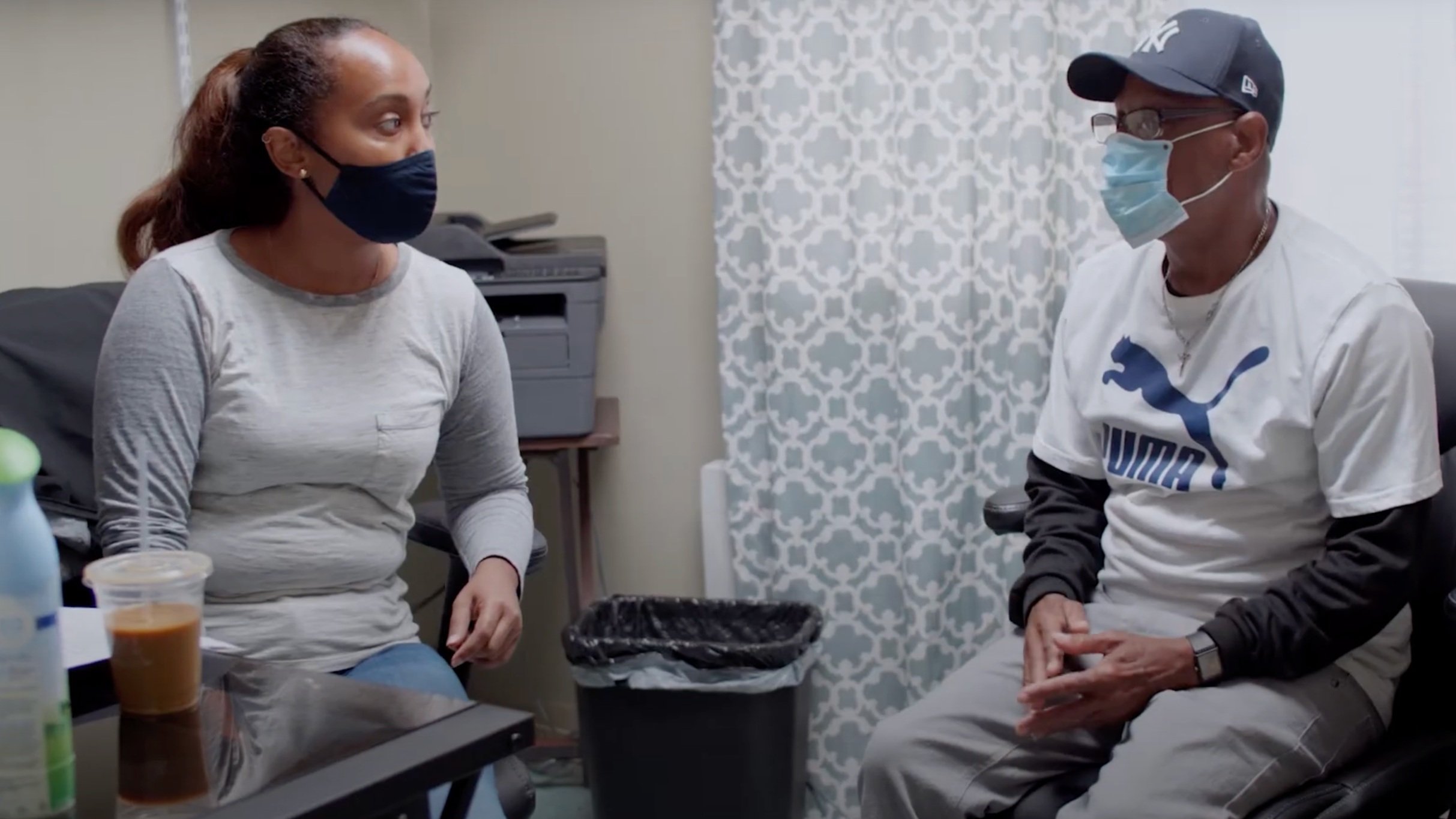
Stable Housing and Evidence-Based Care to Combat Homelessness
Alarmingly, more than 582,000 Americans are currently experiencing homelessness, a 6% increase since 2017. Service organizations around the country struggle to raise funds to keep pace with rising demand.
The unsheltered population is more vulnerable to chronic conditions and medical emergencies, which often result in hospitalization. Being discharged from the hospital back to the streets or a shelter diminishes an individual’s capacity to fully recover and continues the vicious cycle with a return to high-cost emergency care.
Best-in-class medical respite models focus on providing low-barrier access to care and wraparound services upon discharge from a medical facility. Respite provides safe temporary housing, job training and placement services, medical follow-up care, pathways to secure long-term housing, and – in many cases – access to addiction and recovery services.
We worked with Neighborhood Service Organization (NSO) to develop and finance a new medical respite facility on the Detroit Healthy Housing Campus.
QV structured value-based care financing, which includes a contract between Molina Healthcare of Michigan and NSO that aligns both parties around achievement of better Medicaid member health and housing outcomes.
This innovative performance-based approach ties a significant portion of Molina’s payments to NSO to positive housing outcomes and reduced avoidable hospital utilization among program participants. Subsequently, other Medicaid MCOs signed on to refer members to the program.
A Washington, DC-based respite program that QV structured in partnership with AmeriHealth Caritas and Volunteers of America – Hope Has a Home – recently reached a major milestone by serving their 100th resident! And Hope Has a Home is replicating this model as they work to open a new women’s facility to serve the unhoused female population of the nation’s capital.
Outcomes
70%
of Hope Has A Home medical respite program participants are now in permanent housing or stable living environments (such as living with relatives).
40%
of Hope Has A Home medical respite program participants did not need to rely on emergency services or hospitalization after entering the program.
$1.22M
in annual health care savings projected from NSO program through stable housing and reduced avoidable hospital visits.
“I am extremely proud of our ability to create a value-based arrangement to significantly expand medical respite capacity in Washington, DC. The Quantified Ventures team played a critical role in bringing this to fruition through their ability to synthesize a huge amount of data around possible interventions, identify the opportunities for improvement, recommend the problems we were best positioned to solve, explore potential cross-sector partnerships, and develop the business case and funding strategy around our approach.”
Karen Dale
Market President, AmeriHealth Caritas District of Columbia
Chief Diversity, Equity, and Inclusion Officer for the AmeriHealth Caritas Family of Companies
Building Capacity to Address Community Health needs
Quantified Ventures is at the forefront of addressing community health-related social needs by forging value-based partnerships between healthcare organizations and community-based organizations (CBOs). These robust business partnerships deliver sustainable solutions – improving health outcomes, addressing health disparities, and lowering costs at scale.
One of the through lines present in much of this work is capacity building.
We specialize in connecting healthcare organizations and community-based organizations to develop innovative funding models that set the stage for sustainable growth in services and improved health outcomes. Whether working on behalf of healthcare organizations or non-profit service providers, we have supported program development and service capacity across a range of health-related social needs.
Examples of our capacity building work with CBO partners include:
The Program for the All-Inclusive Care of the Elderly (PACE) is an evidence-based model that supports individuals eligible for long-term nursing home care to remain in community.
QV and the National PACE Association developed a value-based contracting framework and roadmap for PACE organizations to identify the most promising opportunities for development based on their organization and local environment.
QV is partnering with the Maryland Food Bank to design a home delivered grocery program in Baltimore, MD, which has notoriously low access to quality grocery stores.
We developed a program design and operating model that leverages healthcare and workforce outcomes payments along with other novel payment streams to create a financially sustainable program.
Black Women Thriving East of the River
Black women have a 12% higher cancer mortality rate than other racial groups.
To help address cancer treatment and mortality rate disparities, QV is working with the Jane Bancroft Robinson Foundation, Black Women Thriving East of the River, and community members to design, develop, and deploy a financing strategy that delivers new navigation support to Black women in Washington, DC.
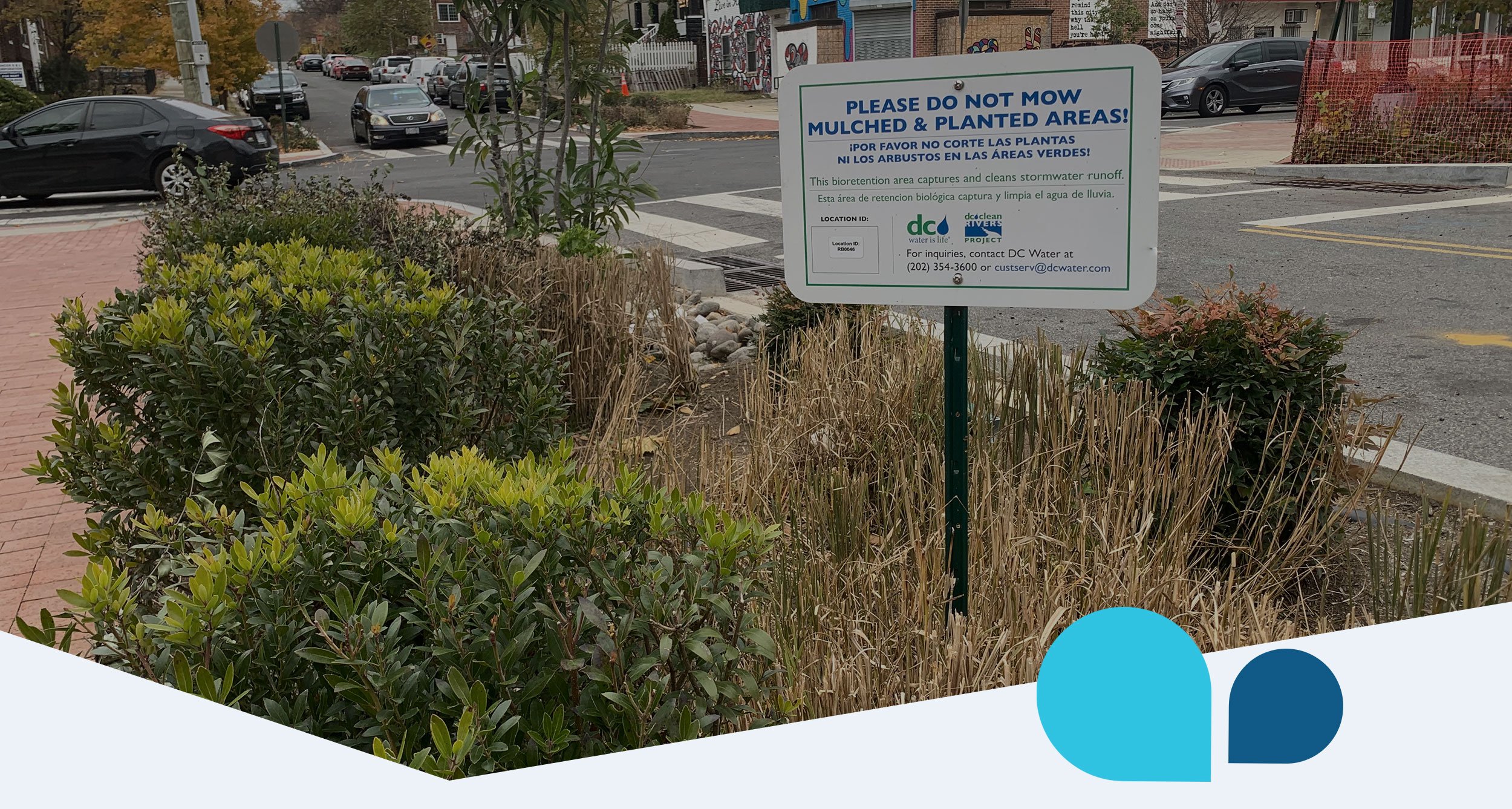
Our Work Mapped to the United Nations Sustainable Development Goals
Our work directly supports 14 of the 17 United Nations Sustainable Development Goals (SDGs). We believe the SDGs provide a universal language and framework around which we can organize our evaluation.
Evaluating impact is inherently challenging. Our website provides information about our methodology.
The following list highlights key outcomes derived from our work from 2015 to 2023.
SDGs not directly supported by our work: 4 - Quality Education | 5 - Gender Equality | 7 - Affordable and Clean Energy
Our Objective: Create employment and social support opportunities in economically disadvantaged communities
Progress through december 2023
35 projects working with or within vulnerable and low income populations and communities
9 projects creating job opportunities for economically disadvantaged communities
Our Objective: Scale access to and production of healthy, sustainable food
Progress through december 2023
240,000+ acres of farmland implemented net new sustainable conservation agricultural practices
More than $7MM in payments to farmers for environmental outcomes resulting from conservation practices
3,000+ meals and home visits to 150 low-income, medically complex seniors from one project
Our Objective: Design and finance projects to promote and invest in healthy individuals and communities as well as meet health-related social needs
Progress through December 2023
16 projects with blended financing to promote healthier communities
300+ healthy babies born drug free thanks to Family Focused Recovery substance use disorder treatment in Kentucky
70% of Hope Has A Home medical respite program participants now in permanent housing or stable living environments, and 40% did not rely on emergency services or hospitalization after entering the program
Our Objective: Improve water resource management and equity through innovative financing and nature-based solutions
Progress through december 2023
16 projects to improve water quality within communities
100+ million gallons per year of polluted runoff prevented from entering waterways
More than 3.4 million lbs of Nitrogen and 206,000 lbs of Phosphorus prevented from leaving agricultural fields and entering waterways
Our Objective: Enable economic opportunity and stability through job creation
Progress through december 2023
12 projects creating job opportunities for economically disadvantaged communities
200+ individuals trained for green jobs or hired for newly created positions
$31+ average per acre payment to farmers for environmental outcomes resulting from conservation practices
Our Objective: Promote sustainable and innovative infrastructure and systems
Progress tHrough December 2023
6 Environmental Impact Bonds and Community Impact Bonds to enhance urban infrastructure and resilience
4 projects supporting the growth in capacity of sustainable reuse and circular economy social enterprises
Our Objective: Steer projects to maximize benefits to underresourced and underserved populations
Progress tHrough December 2023
9 projects developed and financed/funded to reduce inequities
1 project reducing recidivism by 97.5%
Doubled capacity of one medical respite program serving individuals experiencing homelessness and one substance use treatment program serving mothers
Our Objective: Develop sustainable urban spaces for environmental, social, and human health
Progress tHrough December 2023
13 financed/funded projects to support sustainable cities and communities
500+ properties and households protected from flooding
400+ acres of green infrastructure designed
Our Objective: Invest in programs and projects with sustainable business models and objectives
Progress through december 2023
6 projects to support the scaling of a sustainable enterprise with responsible reuse of materials and regenerative practices
1,250 buildings sustainably deconstructed to date
Our Objective: Promote policies, activities, and investments that counteract climate change and build climate resilience
Progress through December 2023
7 projects with carbon and greenhouse gas emission mitigation benefits
211,000+ metric tons of greenhouse gas sequestered through implementation of conservation agriculture practices (equivalent to removing 46,000 cars from the road for a year)
Our Objective: Catalyze investment to improve water quality and quantity, as well as build coastal resilience
Progress through december 2023
5 projects with primary objective of improving coastal resilience
$140MM in investments unlocked to support water quality projects
Our Objective: Promote sustainable use of resources and invest in reclamation and recovery activities
Progress through december 2023
6 projects targeting the sustainable use of resources
100+ acres of conservation and recreation focused development
30,000+ tons of materials repurposed instead of going to landfill
Our Objective: Align work supporting violence interruption, crime reduction, and lower recidivism rates
Progress through december 2023
5 projects reducing crime due to removal of blight, violence prevention, substance use disorder treatment, and services for individuals experiencing homelessness
97.5% of formerly incarcerated individuals participating in one program sustaining employment and not reoffending
Our Objective: Mobilize net new private, public, and philanthropic outcomes-based capital to catalyze projects
Progress through December 2023
$310MM+ of blended capital mobilized for project outcomes
We identify opportunities for new, impact-driven enterprises to advance the wellbeing of people and planet.
Our core focus continues to be working with communities and partners to build capacity, implement outcomes-based models, and secure financing and funding for groundbreaking projects.
But when we identify a significant gap in the market for a mission-driven enterprise, we jump at the opportunity to fill it.
We are proud to have launched and grown these new enterprises during the past several years:
Bosland Growth establishes forests on degraded surface mining areas across Appalachia.
Reforested lands provide ecological benefit by increasing carbon storage, restoring soils, rebuilding critical habitats, increasing water infiltration, and increasing water quality.
Bosland pays 100% of the cost of reforestation and a fee for each acre of land enrolled to produce healthy, young forests that sequester carbon, provide natural habitat for a number of important species, and improve degraded lands.
Ecosystem credits produced through the program are sold to a wide array of beneficiaries.
Dorvie is a healthy aging tech platform that helps older adults successfully and safely age in place, no matter where they call home.
Dorvie concierges support members by scheduling in-home services, coordinating day-of logistics, and managing a consolidated, discounted bill each month.
In response to high demand, Dorvie now operates in 100+ communities around the country, providing older adults peace of mind, well-being, and more time to spend on the things that bring them joy.
The Soil and Water Outcomes Fund incentivizes farmers to profitably adopt conservation agriculture practices that result in tangible improvements on downstream water quality and greenhouse gas emissions.
The program now operates across 20 states and hundreds of thousands of acres, providing a platform for farmers, corporations, and governments to collaborate on climate-smart agriculture.
In 2023, QV transitioned to the role of founding partner and AgOutcomes, an affiliate of our partner the Iowa Soybean Association, became the day-to-day manager of the Soil and Water Outcomes Fund.
Transform Tomorrow
What’s Next for Quantified Ventures
-

Leverage once-in-a-generation federal funding to enhance resilience through nature-based solutions and ensure a robust, engaged green bank network finances more environmental infrastructure that benefits communities and natural ecosystems.
-

Expand partnerships among healthcare organizations and community-based organizations to innovatively address health related social needs in more states by sharing what’s working in states like California and North Carolina and by financing more equitable, coordinated, and person-centered care.
-

Catalyze further investment in climate by integrating the latest advancements in AI, blockchain, and decision-making technology into climate finance and outcomes analysis for specific climate transactions.
-

Position projects to take advantage of emerging nature positive and biodiversity markets to catalyze natural climate solutions with community co-benefits.
-

Introduce new models for agricultural land conservation, water resource management, and sustainable land conservation in the western United States.
-

Scale the Health Outcomes Fund to additional health-related social needs, deploying more capital and sustainable partnership models to other evidence-based programs.
-

Advance catalytic capital solutions and projects delivering co-benefits at the nexus of health and the environment, recognizing how these two arenas are inexorably connected.
-

Further integrate everything we do with community-driven solutions, community finance, and capacity building to enable for underserved and disenfranchised populations to design and finance their own pathways to a brighter future.
-

Expand our outdoor recreation portfolio of work to new areas, bringing innovative funding and partnership strategies to increase equitable access to close-to-home parks.
Download the 2023 Impact Report
For more information on our projects and their impact, download the full report (PDF).
Explore our previous impact reports.
Acknowledgements
We thank the wildly talented, dedicated, and passionate members of the Quantified Ventures team, our advisors, our partners, our fiscal sponsor the U.S. Endowment for Forestry and Communities, and our peers in the impact space who join us to develop and expand bold solutions for people and planet.
Photos incorporated in our 2023 Impact Report were provided by Adobe Stock, AgOutcomes / Iowa Soybean Association, iStock Photo, mrjn Photography, Neighborhood Service Organization, Unsplash, USDA Forest Service (Sean Munson, Andy Porter, and Matthew Tharp), Vermont Huts Association, and Your Forests Future.
The Impact Report PDF / print design was created by Nga Le.

